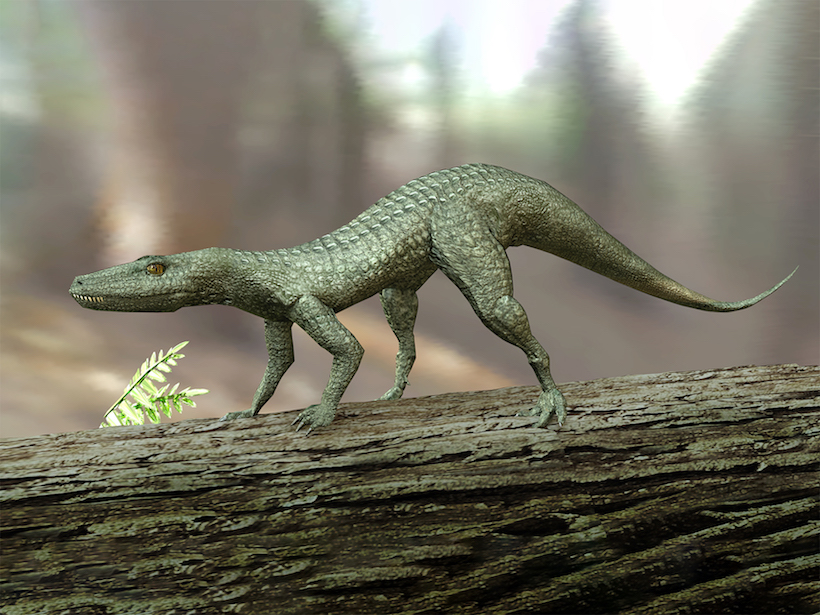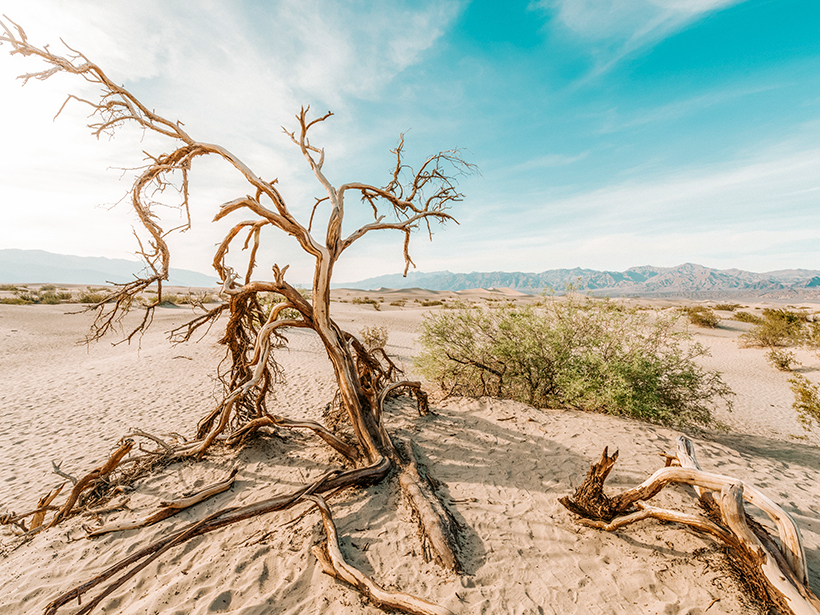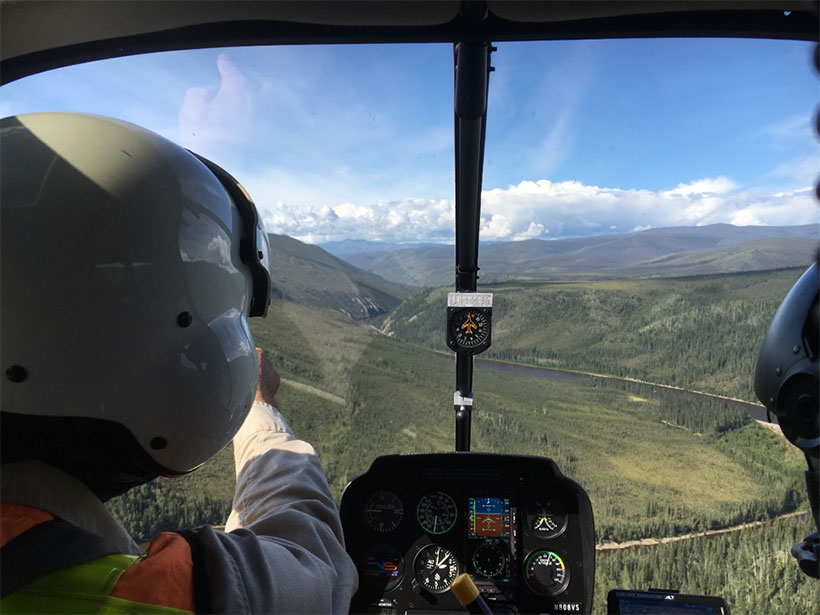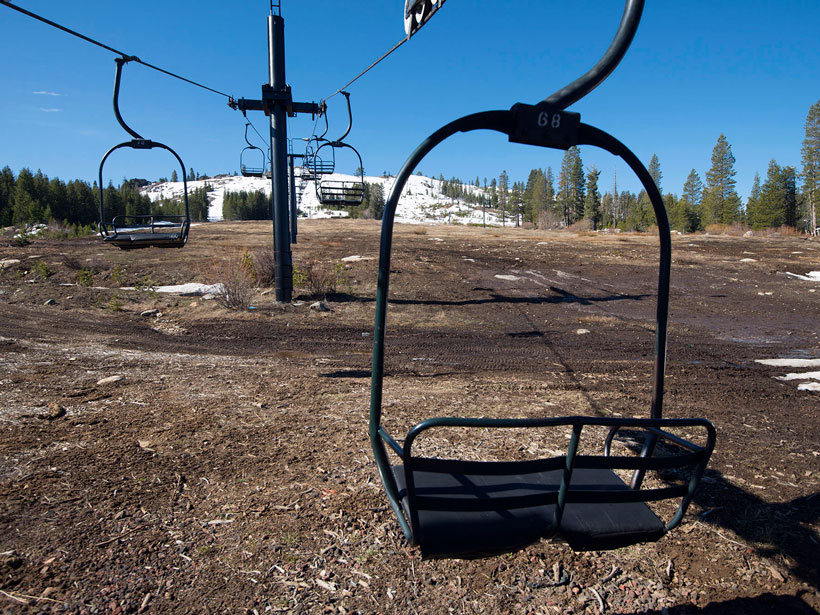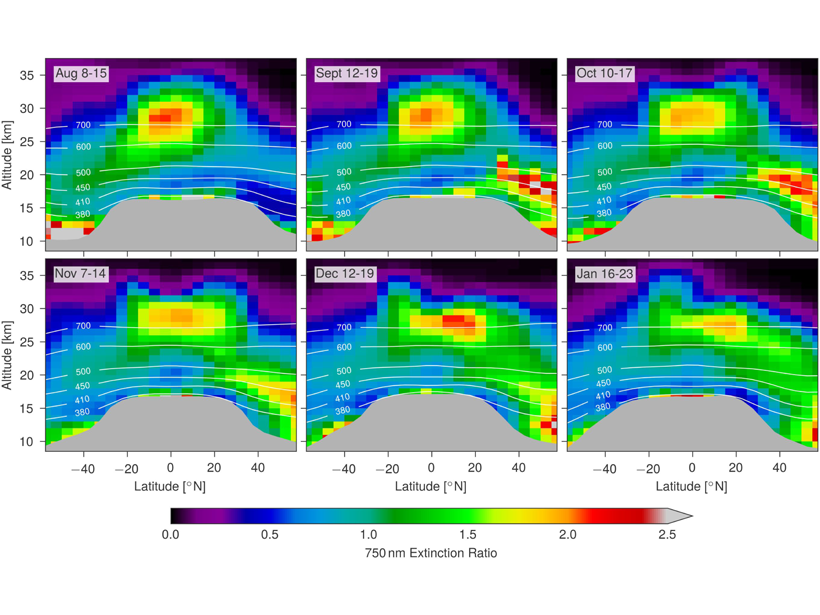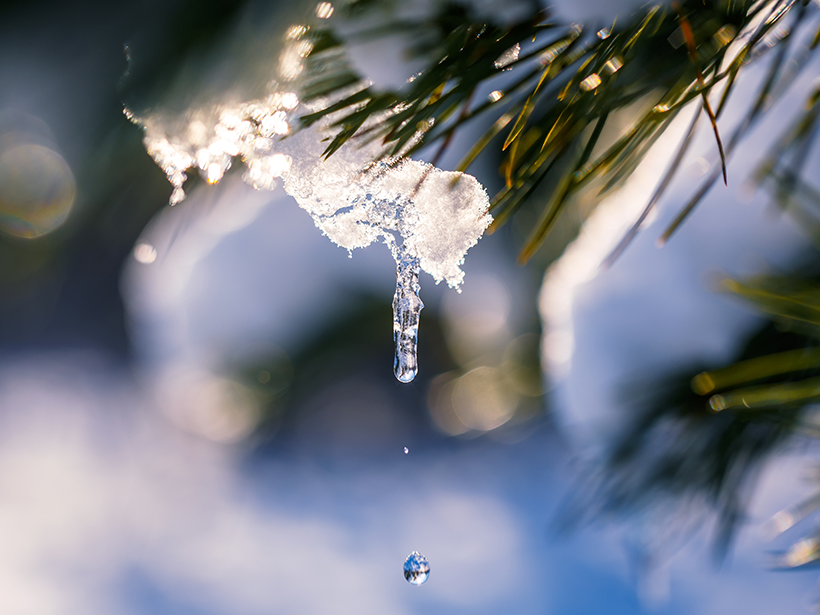Volcanic eruptions in what is now western Canada may have triggered a million years of rain and a mass extinction that launched the reign of the dinosaurs.
North America
Winter Drought Relief Unlikely in Western U.S.
This year is still on track to be one of the hottest years on record around the globe.
Ancient Rivers and Critical Minerals in Eastern Alaska
Fieldwork is revealing a history of landscape evolution over the past 5 million years that links climate change and river capture to critical mineral resources across the Alaska-Yukon border.
How Does a Greening Arctic Affect Groundwater Recharge?
New research examines how shifts in aboveground ecology influence belowground hydrology in the Arctic.
Searching for Mount Meager’s Geothermal Heart
A field expedition into the British Columbia wilderness involving helicopter drops, mountain and landslide traverses, and treacherous ice caves aimed to facilitate geothermal exploration in Canada.
Remote Landslide Puts Fraser River Salmon on Shaky Ground
An alliance of First Nations, provincial, and federal leaders worked with scientists, engineers, and emergency responders to rescue critical salmon stocks in western Canada.
Here’s What Your Favorite Ski Resort May Look Like in 2085
Ski seasons at many of North America’s western resorts might melt away by 2085 because of warming temperatures.
Satellite Measurements of Stratospheric Forest Fire Smoke
Intense boreal forest fires in August 2017 caused smoke plumes that reached record levels in the stratosphere; satellite measurements show that the effects rivaled a moderate volcanic eruption.
Yet Again, Warmer Winter Looms for U.S.
NOAA’s winter forecasts are less confident than usual except in Alaska and Hawaii. Expect to see a lot of weather variability in the coming months.
Indigenous Knowledge Puts Industrial Pollution in Perspective
A 3-year project documents how climate change is affecting the sequestration of decades-old mining by-products in Canadian lakes.

